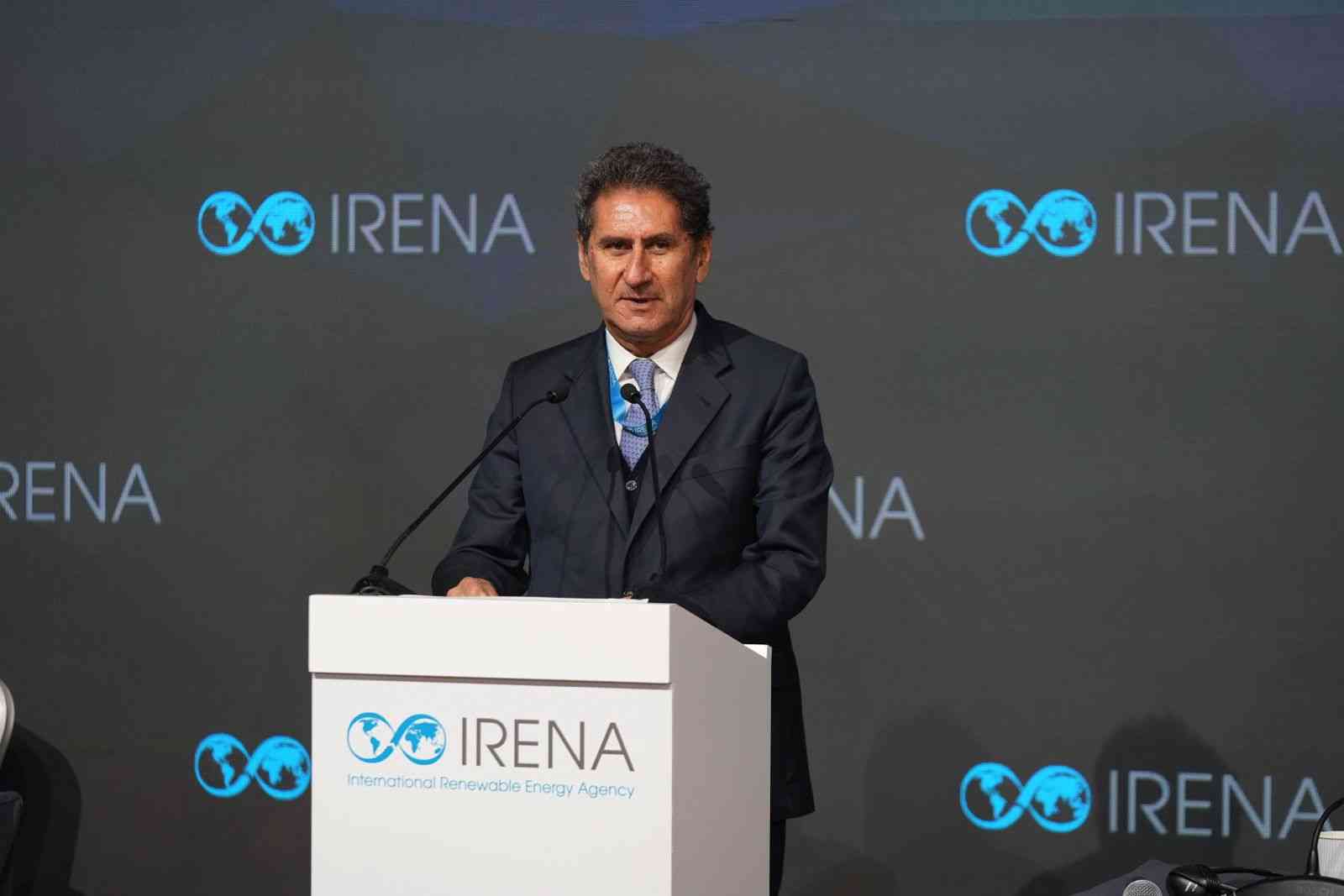
Despite the remarkable achievement in renewable energy last year, the world is still far from meeting the yearly target in an endeavour to tripling renewable power capacity by 2030, an official has said.
Addressing delegates at the International Renewable Energy Agency’s (IRENA) 14th Assembly on Tuesday in Abu Dhabi, United Arab Emirates (UAE), IRENA director-general Francesco La Camera said reaching the renewable target is practical but the commitment must be reinforced with decisive and collective action.
“If we’re aiming to install 1043GW (gigawatts) every year until 2030, effectively tripling our current capacity, we need to tackle head-on all the barriers standing in our way,” he said.
Statistics from IRENA shows that renewable power capacity increased by 473 GW which is more than 13.9% in 2023, with solar and wind energy taking a leading role.
Camera said given that existing global targets fall short of the necessary measures to limit temperature rise below 1.5°C, it is imperative that the world acts collectively to bridge this gap and ensure a sustainable energy future for all.
He said modernising and expanding the infrastructure is one of these barriers and a pressing priority for the coming years.
“Importantly, a comprehensive expansion of infrastructure is the backbone of the sustainable development and industrialisation of developing countries,” Camera said.
“This is particularly true in regions like sub-Saharan Africa, where some 600 million individuals continue to live without access to electricity.”
- COP27: UAE and Egypt agree to build one of world's biggest wind farms
- Reform major cities for economic development
- TIMB intensifies shisha tobacco production
- South Africa's bid to extradite wealthy Guptas from UAE fails
Keep Reading
He said collective action in this domain is not just an investment in infrastructure but it is an investment in a more inclusive, fair and equal world.
Camera said measures should be put in place to ensure schools, universities, ministries, have the necessary skill-set to support this accelerated energy transition.
At the end of 2023, global renewable power capacity amounted to 3 870GW, according to IRENA.
In Africa there is 62 GW of renewable energy installed, which translates to 1.6% of the global share.
Camera said there is a need to implement legal frameworks to create the market conditions to make it happen.
Experts say investment in the renewable energy sector in Africa is hampered by various factors including unfavorable legislations, currency instability and geopolitics.
Meera Sultan Al Suwaidi, a member of the UAEs’ Parliamentary Division Group of the Federal National Council in the Inter-Parliamentary Union, said legislative reforms should be accompanied by concrete action to accelerate transition to renewable energy.
“We must act decisively. There is a need for tangible legislation to encourage investment,” she says, adding that governments should consider measures like incentives for energy.
More than 1000 people from 144 countries, including ministers, industry leaders are gathered in Abu Dhabi to dialogue in light of the findings of the first Global Stocktake at the United Nations climate summit known as COP28.









